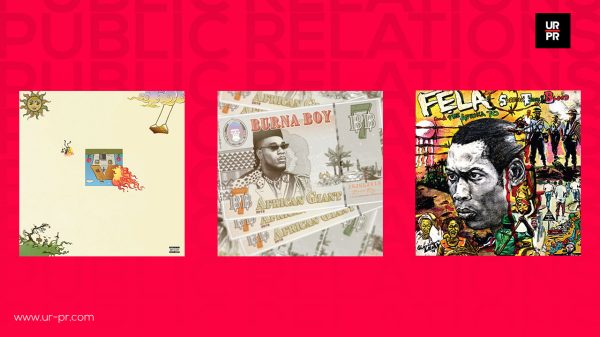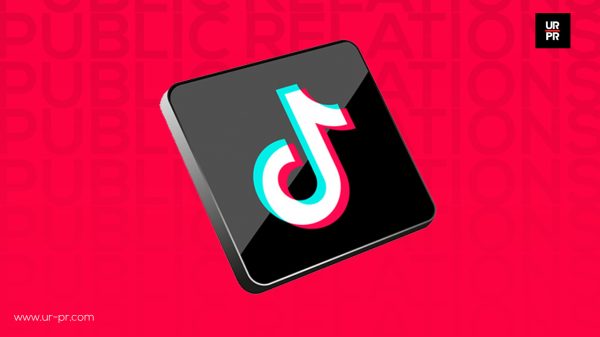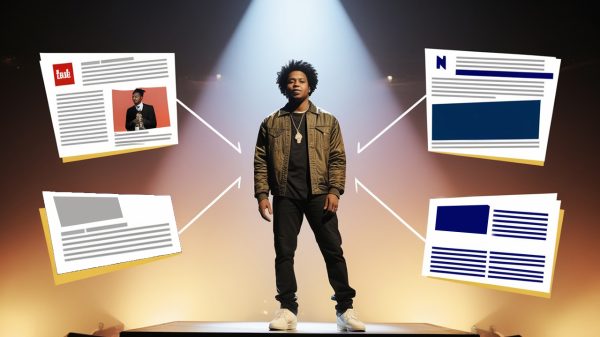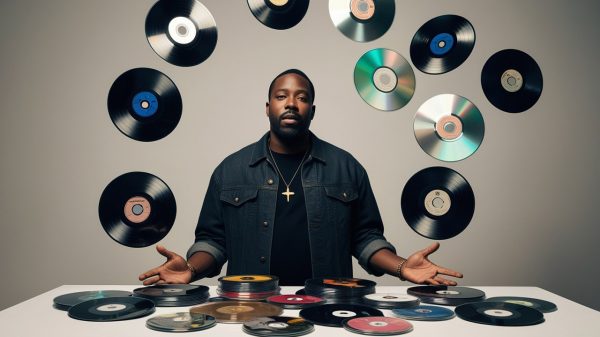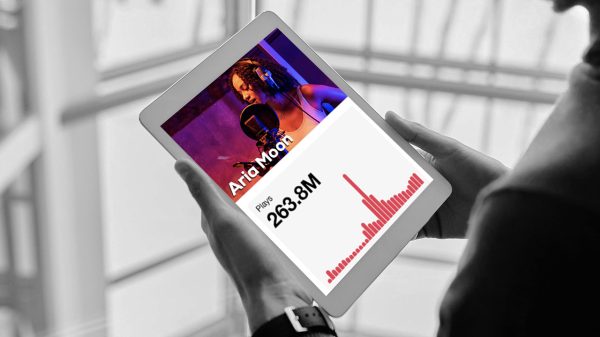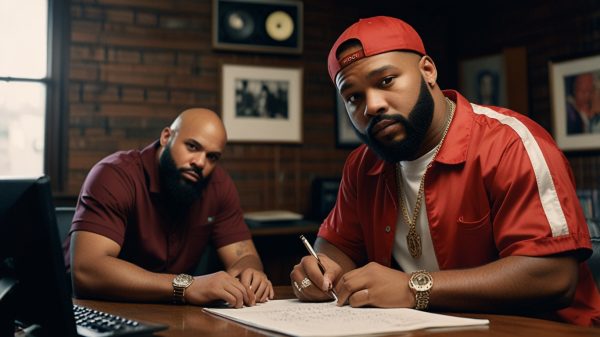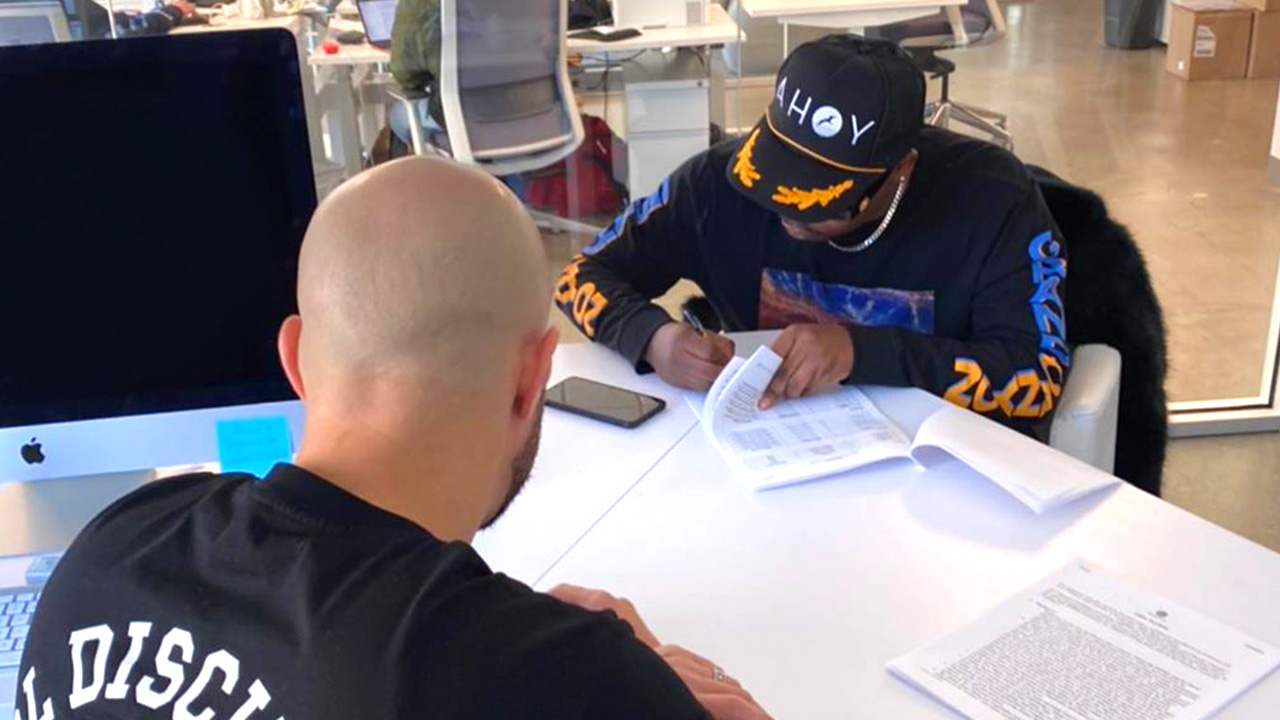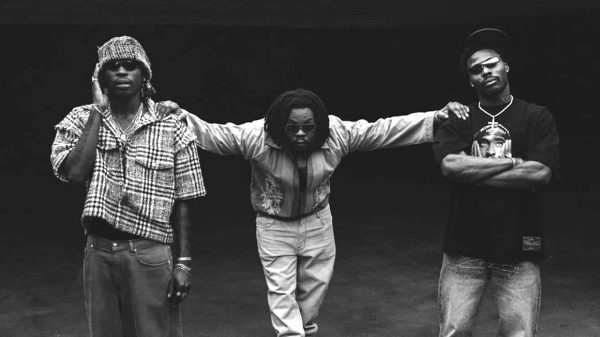The dream of landing a record deal has inspired countless musicians to hone their craft and strive for greatness. For many, a record deal represents the ultimate validation of their talent and an opportunity to amplify their reach. But in today’s competitive music industry, securing a deal requires more than raw talent. This guide provides a comprehensive roadmap to help musicians navigate the process, understand their options, and make informed decisions.
Understanding the Music Industry
The Role of Record Labels
Record labels play a pivotal role in the music industry. They provide the resources, connections, and expertise needed to take an artist’s career to the next level. This includes funding for recording, marketing, distribution, and tour support, as well as access to seasoned professionals who can guide an artist’s trajectory.
Types of Record Deals
Not all record deals are created equal. Here are some of the most common types:
- 360 Deal
- The label takes a percentage of all revenue streams, including music sales, touring, merchandise, and endorsements.
- Pro: Comprehensive support.
- Con: Higher financial cut for the label.
- Traditional Record Deal
- The label funds and markets your album in exchange for ownership and a percentage of sales.
- Pro: Significant promotional backing.
- Con: Limited ownership of your music.
- Distribution Deal
- The label handles the distribution of your music while you retain creative control.
- Pro: Greater independence.
- Con: Less promotional support.
- Single, EP, or Album Deal
- A deal focused on one project, offering flexibility for both artist and label.
- Pro: Less commitment.
- Con: Limited scope.
- Publishing Deal
- Focused on songwriting and licensing your compositions for TV, movies, or ads.
- Pro: Revenue beyond album sales.
- Con: Royalties are split with the publisher.
- Licensing Deal
- You license your music to a label while retaining ownership.
- Pro: Retain ownership.
- Con: Lower upfront payment.
- Production Deal
- A producer or production company funds and develops your music before pitching to a label.
- Pro: Access to top-notch production.
- Con: Additional middleman in negotiations.
Important Note: Always consult an experienced entertainment lawyer before signing any deal. They’ll help you understand the terms and safeguard your rights.
Building Your Brand as an Artist
Developing Your Unique Sound and Image
A record label isn’t just signing your music—they’re signing your brand. Stand out by refining your unique sound, cultivating a signature style, and crafting a cohesive image that resonates with your target audience.
Creating a Strong Online Presence
In today’s digital world, an active and engaging online presence is non-negotiable. Use platforms like Instagram, TikTok, and YouTube to connect with fans, showcase your personality, and demonstrate your music’s appeal. Invest in quality visuals, post consistently, and interact with your followers to build a loyal community.
Recording and Releasing High-Quality Music
Importance of Professional Recordings
Labels expect polished, radio-ready tracks. Invest in professional recording sessions, work with experienced producers, and ensure your music meets industry standards.
Strategies for Self-Releasing Music
Before signing a deal, many artists build momentum by self-releasing tracks. Use platforms like Spotify, Apple Music, and Bandcamp to distribute your music, and leverage streaming analytics to identify your most popular songs.
Networking in the Music Industry
Building Connections with Producers, Artists, and A&Rs
Networking is key to breaking into the industry. Collaborate with established artists, attend music workshops, and connect with A&Rs (Artists and Repertoire reps) who scout talent for labels.
Attending Events and Showcases
Showcases and industry events are excellent opportunities to perform for influential figures. Prepare a captivating set, and don’t be afraid to introduce yourself to key players after your performance.
Preparing Your Demo or Portfolio
What to Include in Your Demo Package
A strong demo package should feature:
- 2-3 of your best, professionally recorded songs.
- A short artist bio highlighting your achievements and vision.
- Links to your social media profiles and performance videos.
- High-quality photos and branding materials.
Tips for Standing Out
Ensure your songs showcase your range and originality. Include a standout track as your opener and tailor your submission to the label’s preferred genres and artists.
Reaching Out to Record Labels
How to Find the Right Labels for Your Genre
Research labels that align with your style and goals. Study their roster, track record, and submission guidelines. Focus on labels that have successfully launched artists in your genre.
Crafting the Perfect Pitch
Keep your pitch concise and professional. Personalize your email, introduce yourself, and explain why you’re a great fit for their label. Attach your demo and provide links to your portfolio.
Leveraging Social Proof
Building a Fanbase to Attract Labels
Labels are drawn to artists with a proven fanbase. Engage with your audience, collaborate with influencers, and use social media ads to grow your reach.
Using Streaming Numbers and Social Media to Your Advantage
Highlight your streaming stats, playlist placements, and viral moments in your pitches. Demonstrate your ability to drive engagement and generate buzz.
Showcasing Your Live Performances
How Gigs and Showcases Can Help You Get Noticed
Live performances are a chance to captivate new fans and impress industry professionals. Treat every gig as an audition for your dream label.
Best Practices for Live Shows
Rehearse thoroughly, interact with the crowd, and deliver a memorable performance. Share videos of your shows on social media to showcase your energy and stage presence.
Understanding Contracts and Negotiations
Key Clauses to Watch Out For
When reviewing contracts, pay attention to:
- Royalty splits and recoupable expenses.
- Ownership rights for your music.
- Contract duration and renewal terms.
- Performance and release obligations.
Hiring an Entertainment Lawyer
An entertainment lawyer is essential for negotiating favorable terms and avoiding exploitative clauses. Their expertise ensures you retain control over your career.
Alternatives to Record Deals
Self-Distribution and Independent Routes
Many artists achieve success without a label by using music distribution services like DistroKid and TuneCore to distribute their music. This route offers greater creative freedom and a larger share of profits.
When a Record Deal May Not Be the Right Fit
If you value independence or your fanbase is thriving without label support, a record deal might not be necessary. Consider your long-term goals and weigh the pros and cons carefully.
Securing a record deal is a significant milestone, but it’s not the only path to success. By building a strong foundation, networking strategically, and understanding your options, you can position yourself for a thriving career in music. Stay persistent, believe in your talent, and take proactive steps toward achieving your dreams.
Frequently Asked Questions (FAQs)
How do I find record deals?
Research labels in your genre, network with industry professionals, and attend music events and showcases. Build a strong online presence and submit your demo to relevant labels.
How much does a record deal cost?
While you don’t pay upfront for a record deal, labels recoup their investments through your earnings. Be sure to understand the financial terms before signing.
How do I get a single record deal?
Focus on creating a hit song, building buzz around it, and pitching it to labels interested in single deals. Highlight your track’s potential for commercial success.
How many followers do you need for a record deal?
There’s no magic number, but a strong and engaged following demonstrates your marketability. Labels often look for artists with 10,000+ followers across platforms.
Can anyone get a record deal?
While anyone can strive for a record deal, success requires talent, hard work, and strategic planning. Develop your skills, build your brand, and seize opportunities to stand out.



